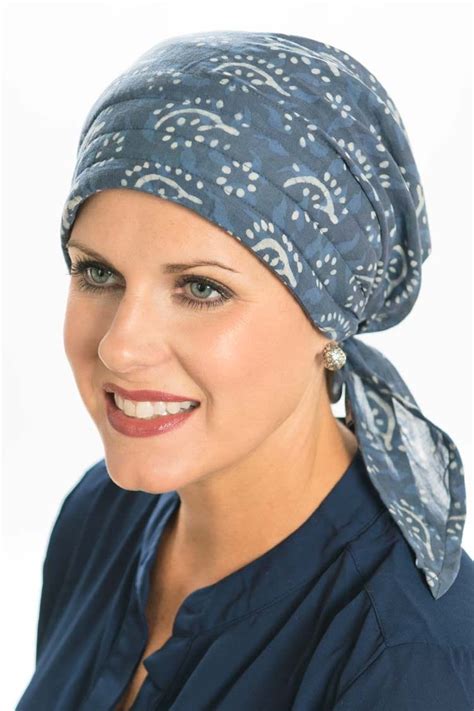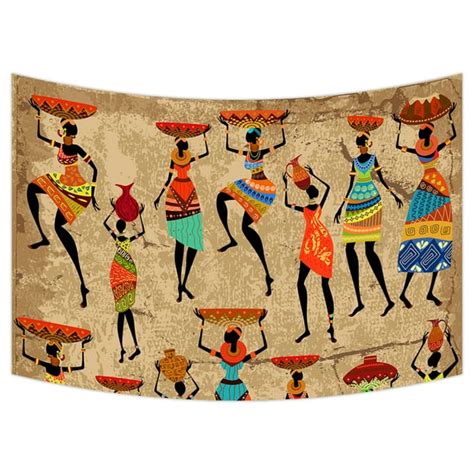Introduction
Black women’s hair, a rich and multifaceted attribute, holds profound historical, cultural, and personal significance. From the intricate braids of African ancestors to the stylish bobs of contemporary icons, it has been a canvas for self-expression, identity, and social commentary. This article explores the diverse aspects of black women’s hair, delving into its historical evolution, cultural implications, personal experiences, and emerging trends.

Historical Context
The history of black women’s hair in the United States is intertwined with the legacy of slavery, colonialism, and racial oppression. During the slave trade, African women’s hair was forcibly shaved, often as a symbol of their subjugation. After emancipation, black women began to embrace their natural hair as a symbol of freedom and cultural pride.
In the early 1900s, hair straightening became popular as a means to assimilate into white society. However, in the 1960s and 1970s, the Black Power movement celebrated black identity, leading to the rise of natural hair styles like Afros and cornrows.
Cultural Significance
Black women’s hair holds deep cultural significance in African and African American communities. It is often seen as a symbol of beauty, strength, and individuality. Different hairstyles carry specific meanings and can be used to express cultural heritage, solidarity, and social status.
Personal Experiences
Beyond its historical and cultural significance, black women’s hair also plays an important role in their personal lives. It is a source of pride, creativity, and self-confidence. Many black women share stories of the joy, frustration, and empowerment they have experienced in their relationships with their hair.
Modern Trends
In recent decades, there has been a growing movement towards embracing natural hair texture and styles. This trend has been fueled by social media platforms like Instagram, where black women have created a vibrant community showcasing their diverse hairstyles.
The natural hair movement has also given rise to innovative products and services designed specifically for black women’s hair. From sulfate-free shampoos to protective styling techniques, the industry is adapting to meet the needs of a growing market.
Health Considerations
While black women’s hair can be beautiful and versatile, it also comes with unique health considerations. The tight curls and coils of black hair can make it prone to breakage, dryness, and scalp conditions.
Proper hair care is essential to maintain healthy hair and minimize damage. This includes using gentle shampoos and conditioners, avoiding heat styling tools, and protecting hair from the sun.
Economic Impact
The black hair care industry is a multi-billion dollar market, demonstrating the significant economic power of black women’s hair. From hair salons to product manufacturers, the industry provides employment opportunities and contributes to the overall economy.
Educational Initiatives
In recent years, there has been a growing recognition of the need for educational initiatives focused on black women’s hair. These initiatives aim to empower black women with the knowledge and skills to care for their hair properly.
Programs like the National Cosmetology Association’s “Embrace Your Roots” campaign provide resources and training to hair stylists on how to serve black women’s hair.
Frequently Asked Questions (FAQs)
-
What is the best way to care for black hair?
Gentle shampoos, conditioners, and protective styling techniques are important for maintaining healthy black hair. -
How often should I wash my hair?
The frequency of washing depends on hair type and individual needs. Generally, washing 1-2 times per week is recommended. -
Can I use heat styling tools on my hair?
Heat styling tools can damage black hair, especially if used excessively. Use them sparingly and protect hair with heat protectant sprays. -
What are some protective styling techniques?
Braid, twists, and buns are all protective styling techniques that help prevent breakage and moisture loss. -
Is it okay to cut my split ends?
Yes, it is important to trim split ends regularly to prevent further breakage and damage. -
What are some common scalp conditions that affect black women?
Dandruff, eczema, and psoriasis are common scalp conditions that black women may experience. -
How can I protect my hair from sun damage?
Wear hats or scarves when exposed to the sun, and use leave-in conditioners with UV protection. -
What are some innovative products for black hair?
Many companies are developing sulfate-free shampoos, protective styling products, and hair growth serums specifically designed for black women’s hair.
Conclusion
Black women’s hair is a rich and multifaceted tapestry, imbued with historical, cultural, and personal significance. It is a symbol of beauty, strength, and resilience. By embracing natural hair texture, promoting hair care education, and celebrating the diversity of black women’s hair, we can continue to empower women and contribute to a more inclusive and equitable society.
